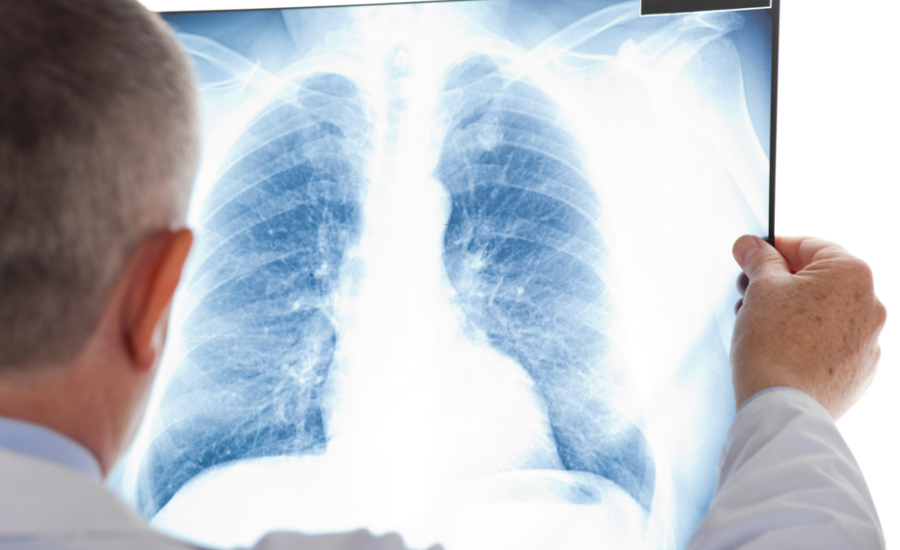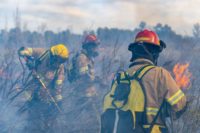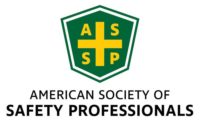Alarming silicosis rate in Australia brings calls for urgent action

Credit: Getty Images
Australia’s largest union representing workers in construction, forestry, maritime and mining and energy is demanding urgent national action on silicosis after revelations that 1-in-5 Queensland stone workers tested positive to the potentially fatal disease.
National approach needed
The Construction, Forestry, Maritime, Mining and Energy Union (CFMEU ) which has more than 100,000 members across Australia, says the severity of the risks associated with engineered stone products calls for a nationally coordinated approach rather than piecemeal regulations and health monitoring programs in states and territories.
“Silicosis is a fast-acting, debilitating and often fatal disease the prevalence of which has been grossly underestimated until now by the industry and workplace health and safety authorities,” said Nigel Davies, CFMEU Assistant National Construction Secretary. “The revelation that 1-in-5 Queensland stonemasons have been diagnosed with silicosis must be a wake-up call resulting in urgent action.”
Davies said Australia needs “nationally consistent regulations” covering the use of engineered stone products, along with strong enforcement action against operators who violate those regulations.
“The regulations must require the application of the hierarchy of control for silica and other inorganic dusts, and need to be supported by nationally consistent codes of practice.”
The union wants:
- Safer alternatives substituted for engineered stone. “In the interim, there should be a ban on cutting of engineered stone on site and a ban on dry cutting of stone, as is presently the case in Victoria. The CFMEU has already resolved to implement a ban on the cutting of engineered products on construction sites.”
- Greater accountability in the use of the products, demanding principal contractors provide appropriate information on risk mitigation in supply chains for all engineered stone supplied to building sites
- Assurances in relation to insurance of engineered stone products in light of reports that insurers are refusing coverage for this product
- A Workplace Exposure Standard (WES) of 0.02mg/m3 by the National Dust Diseases Taskforce. SafeWork Australia recently agreed to recommend to Ministers that the WES be lowered to 0.05mg/m3 over an 8-hour period, with this change being subject to a 3-year transition period.
- Establishment of a national dust disease register and mandatory reporting
- Expanded health screening programs conducted by properly trained medical professionals
- Establishment of a compensation fund; and
- Adoption of the 2015 SWA deemed diseases list amended to cover all silica related diseases.
“Australia is lagging the world on exposure standards. Other countries, including Mexico, have significantly lower standards (in the case of Mexico, its 0.025mb/m3). The CFMEU strongly believes that the recommendation of SWA does not go nearly far enough.”
“Air quality monitoring regulations are currently inadequate. Under current workplace health and safety regulations an employer is only required to undertake air monitoring when it is not certain on reasonable grounds that the relevant WES has been exceeded. This isn’t good enough. Regulation should state that air monitoring is required in all dusty environments and when the WES is exceeded, an employer should be required to notify the relevant regulator.”
Davies said that "regulatory changes are of little value in the absence of a well-resourced regulator. Currently we are only aware of fabrication sites being inspected, despite being aware of wide-scale noncompliance by the small business operators responsible for installation.”
“The workers at greatest risk are in artificial stone benchtop industry, which is typically comprised of geographically dispersed, small business employers (particularly once at the installation stage) who fail to adopt even the most basic preventative measures.”
Looking for a reprint of this article?
From high-res PDFs to custom plaques, order your copy today!








